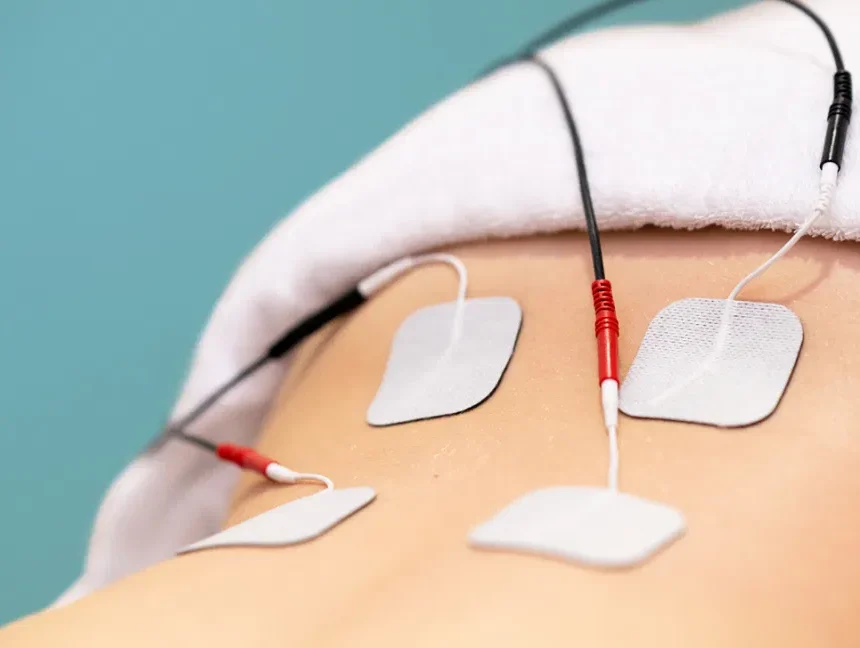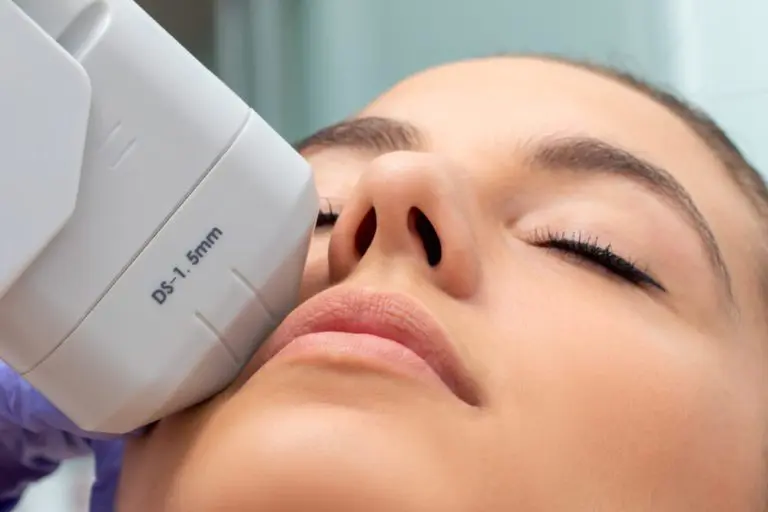Management of Allergy
Learn about effective strategies for managing allergies, from understanding triggers to embracing how Rama Care’s medical and natural treatments can help you with your allergies, we have your back.
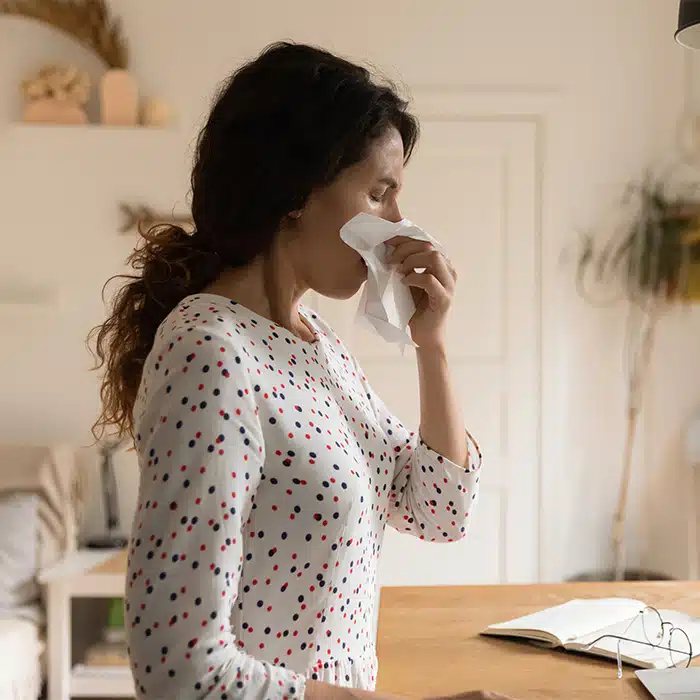
Identifying Allergens
The first fundamental to getting rid of allergies is to recognize the specific agents that are likely to cause allergies in one.
This process involves a detailed assessment of the individual’s reactions following exposure to potential allergens and may include a variety of diagnostic tests:
- Skin Prick Test: This is one of the most traditional allergy tests commonly conducted by many doctors. A minimal quantity of the substance that is presumed to cause an allergic reaction is applied either in the forearm or on the back and then the skin is scratched with a needle so that the allergen can penetrate into the skin layer. An allergic reaction is suspected if a wheal, or raised bump, forms.
- Blood Test: Allergy testing shows how many antibodies of immunoglobulin E (IgE) are made when the body responds to an allergen.
- Patch Test: Largely incorporated to ascertain the contact dermatitis, the patch test is done by affixing a patch containing the allergen on the body for a period of time. Such tests enable the identification of the allergens to be avoided and inform this plan’s formulation.
We Provided All Types Of Management of Allergy
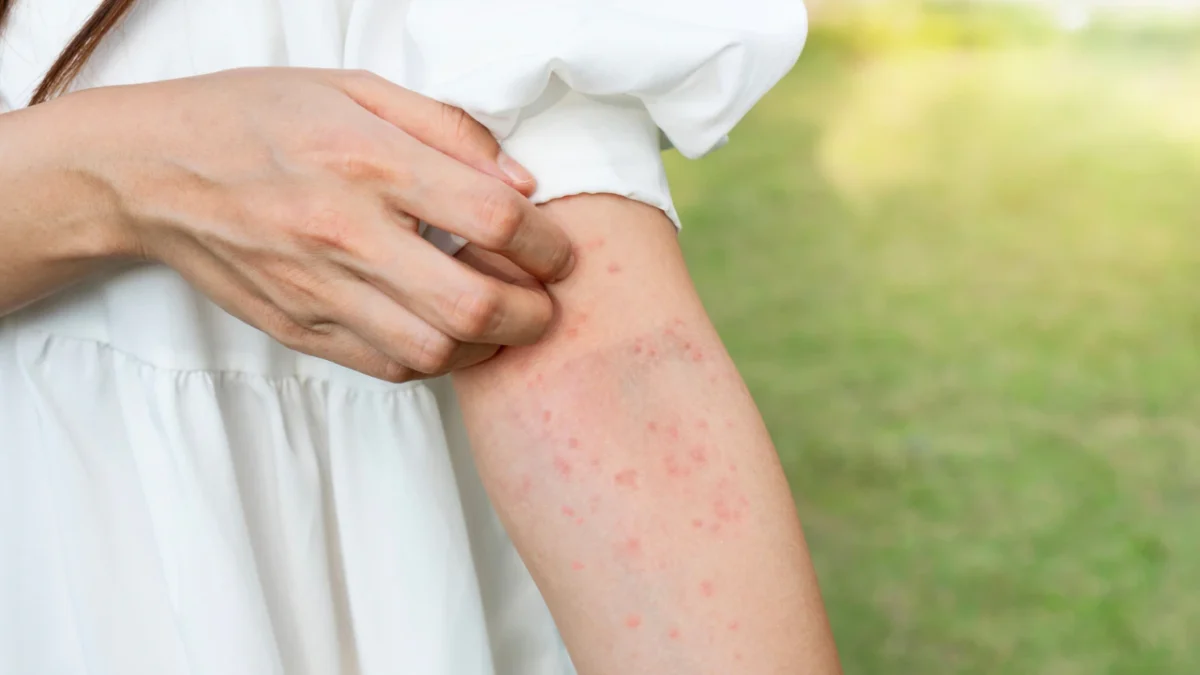
Symptoms of Allergic Reaction
Allergic reactions can manifest through a variety of symptoms, which can range from mild to severe and affect different parts of the body:
These are signs hard to detect without proper knowledge of allergy, which is why their early identification is important for better allergy treatment.
- Skin: Swelling and itching of the skin, eczema becomes worse, hives, and angioedema.
- Respiratory System: It manifested through, sneezing, nasal congestion, coughing, wheezing, and diffusion in breathing.
- Digestive System: Belly ache, vomiting, and diarrhea, more especially in food allergies.
- Anaphylaxis: A very serious reaction that may lead to the loss of consciousness, inability to breathe or swallow, and significant changes in blood pressure and pulse rate. It calls for medical attention in this respect.
Make An Appointment
How Can Rama Care Treat Your DIfferent Allergies?
Medication Management:
By its extent and severity the allergic reaction may be treated by antihistamines, constringent agents, nasal corticosteroids in case of moderate-severe cases, and by epinephrine auto-injectors (EpiPens).
Allergen Immunotherapy:
They commonly referred to as allergies and involve the administration of increasing doses of the allergen to the patient in order to increase the threshold level for the allergen.
Education and Support:
Patient mobilization is another crucial process where patients are made to understand their condition and the triggers to avoid in the environment.
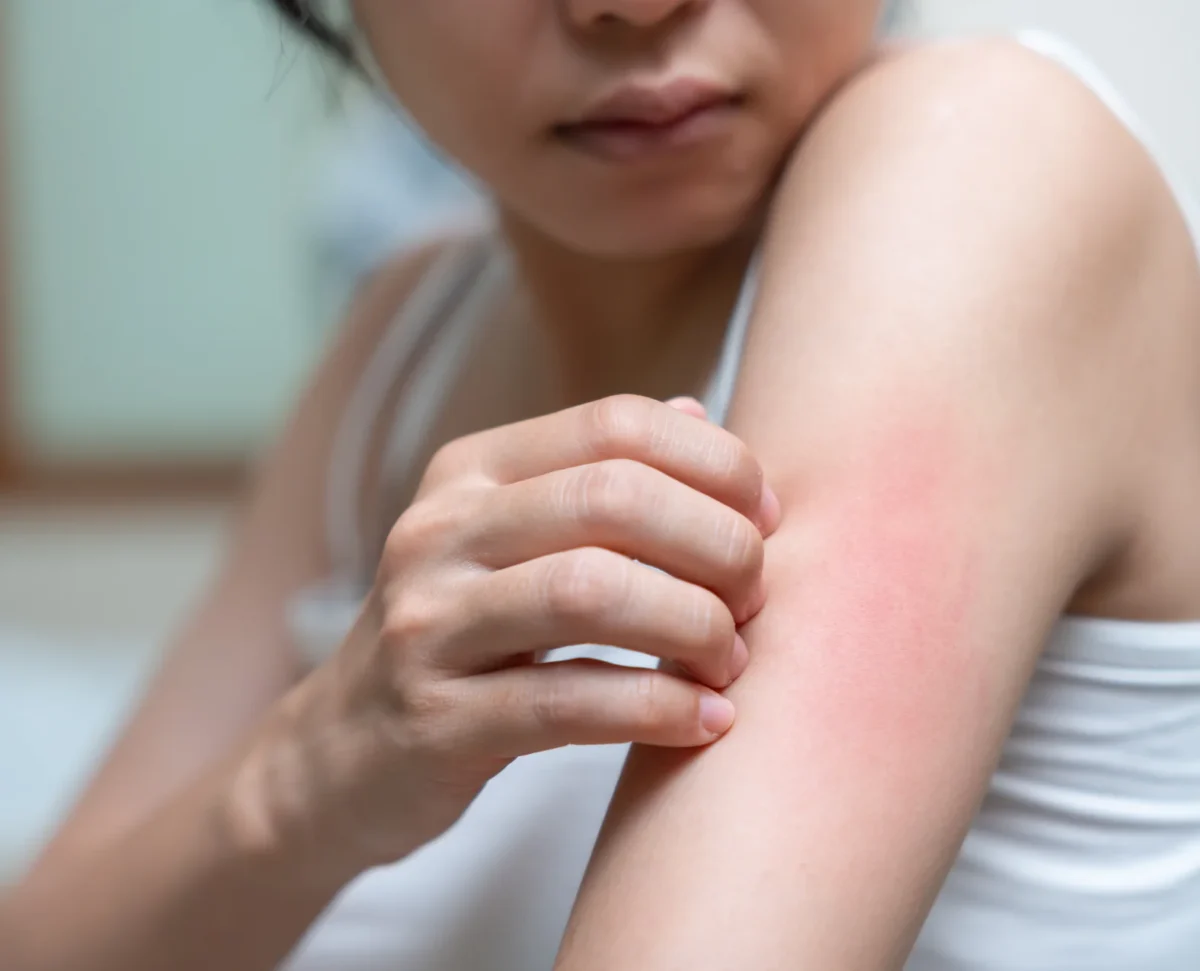

Preventive Measures
At Rama Care, we emphasize the importance of preventive measures to minimize the risk of exposure to allergens:
- Avoidance: The best approach is to eliminate foods that it is well-known that the child is allergic to. This may mean reading labels to avoid potential food allergens, encasing pillows and mattresses with dust-mite-proof covers, and avoiding going outside when there is a high pollen count.
- Environmental Control: Examples are the introduction of air conditioners, low humidity, provision of dustless carpets and floor mats, vacuum cleaners, and proper disposal of pets.
- Dietary Management: In cases of food allergies, the elimination of certain provoking agents is always helpful. Rama Care assists patients in coming up with meal plans that meet the required nutritional value but exclude certain compounds that the patient is allergic to.
- Environmental Control: Examples are the introduction of air conditioners, low humidity, provision of dustless carpets and floor mats, vacuum cleaners, and proper disposal of pets.

Some of the effective measures include the installation of HEPA filters in air conditioning and vacuum cleaners and the use of allergen-proof bed covers, washing of clothes, beds, and pillow cases in hot water, the closing of windows.
The use of these, particularly during seasons when there is a high prevalence of pollen, elimination of indoor plants that are suspected to contain mold, and reducing humidity to a level that is not favorable for the growth of dust mites.
The steps that should be taken in an emergency action plan should include having an epinephrine auto-injector readily available.
They should also be wearing medical identification, providing instructions on when and how to use the medications, having the contact information of emergency services and informing everybody about the allergy and what measures should be taken in case of an emergency.
Hear from Our Clients
EXCELLENTTrustindex verifies that the original source of the review is Google. "I recently visited Rama Care Poly Clinic, and I had a very positive experience. The staff was friendly, professional, and attentive, making me feel comfortable from the moment I walked in. The doctors were knowledgeable and took the time to explain my treatment options thoroughly, which I really appreciated. The clinic was also clean and well-maintained, which added to the overall sense of care and professionalism. I would definitely recommend Rama Care Poly Clinic to anyone looking for quality healthcare services. Thank you to the team for a great experience!"Trustindex verifies that the original source of the review is Google. I had the best Treatment today for my Laser and pain-free and I also had my Ayurvedic Treatment. Thanks Rama Car for the services and taking good care..Trustindex verifies that the original source of the review is Google. All the staff was friendly, the are professional, Therapist know what is my concern, they know what is the next treatment I should do, they also advice for home care. My treatment was Ayurvedic massage and HydraFacial. All of them is amazing. They have many kind services . Place very easy to find. Thank you Rama care clinic, I will recommended . ❤Trustindex verifies that the original source of the review is Google. I was impressed with the service of the clinic. All the reception and therapists were lovely and kind. Sonita gave me advice on what I needed. She is knowledgeable and professional.Thank you so much. Recommend Rama Clinic.Trustindex verifies that the original source of the review is Google. Had an amazing session with the beauty therapist Mrs. Sonitha! I've seen noticeable improvements in my skin. She is incredibly skilled, dedicated, and attentive. And also , all the staffs are very friendly Be it doctors , therapists , receptionists- everyone out there give that ‘home’ feeling Highly recommend !Trustindex verifies that the original source of the review is Google. Very friendly staffs and therapist are very professional.Shout to Sonita for doing my facial very happy with the result. Definitely coming back to try there other treatments ❤️Trustindex verifies that the original source of the review is Google. "I had such a wonderful experience here! The staff is incredibly friendly and welcoming, making me feel right at home from the moment I walked in. The cozy environment adds to the overall relaxing vibe, perfect for unwinding. A special shoutout to Ate Sonita, who went above and beyond in taking care of me. She’s truly such a caring and thoughtful employee, ensuring that every detail was perfect. I highly recommend this place for anyone looking for excellent service and a warm, inviting atmosphere!"Trustindex verifies that the original source of the review is Google. Friendly and Professional Staff!! Love Dr Sadia!! Not only that, Ayurveda treatment I got was very good, reduced my shoulder and neck pain dramatically. Highly recommend!Trustindex verifies that the original source of the review is Google. I highly recommend Rama Care Polyclinic. I got the Dental, Ayurveda and Facial treatments and I am very satisfied with their services. High five to all the Doctors and staff as I had a pleasant and amazing experience with them.
Stay Updated With Our Latest News And Blog Articles
- By: admin
- June 4, 2024
- No Comments
Is Electrotherapy Safe During Pregnancy?
- By: admin
- June 4, 2024
- No Comments
Shockwave Therapy vs Electrotherapy
- By: admin
- June 10, 2024
- No Comments

